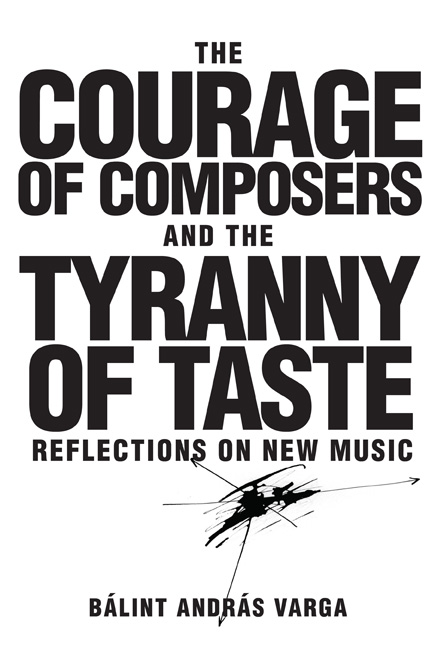Summary
Creation springs at least in part from the will to communicate—in word, sound, color, and shape. The desire to give birth to a vision stands at the beginning of a process that will be influenced by tradition and contemporaries alike.
Creators are placed at the end and at the start of the history of their field of activity. They look back, they look around in the present, and cast a look ahead. How they will react to what they have perceived depends on the nature of their gifts. Are they going to be pioneers or will they take over the torch from their predecessors?
In any case, they will come upon ideas that may well surprise them: they emerge unannounced and produce unexpected situations in which the creator must make a decision. That decision will logically lead to others, opening up a road, pointing in a direction, with the goal possibly still vague.
What psychological barriers, if any, did James Joyce have to overcome to progress from Dubliners of 1914 via Ulysses of 1918–20 to Finnegans Wake of 1923–39? Did courage play any role? He was certainly aware of the risk he had taken in Ulysses: “That book was a terrible risk. A transparent leaf separates it from madness.”
The motif of risk-taking and courage also appears with Vincent van Gogh: “What would life be like without the courage to take risks?”
What psychological barriers, if any, did Kazimir Malevich have to overcome to progress within a span of eleven years from his colorful Spring Garden in Bloom of 1904 to conceiving and releasing his abstract Black Square in a White Field? Did courage play a role there? Despair is probably a more fitting definition of his state of mind, for he described the creation of the black square as a “desperate attempt to free art from the ballast of objectivity.”
When I interviewed the German composer Jörg Widmann, he spoke of the “courage of despair,” and also “fear of his own courage.” No doubt about it: the new is born in labor, with despair and courage and risk-taking being synonyms of pain.
Information
- Type
- Chapter
- Information
- The Courage of Composers and the Tyranny of TasteReflections on New Music, pp. 1 - 4Publisher: Boydell & BrewerPrint publication year: 2017
